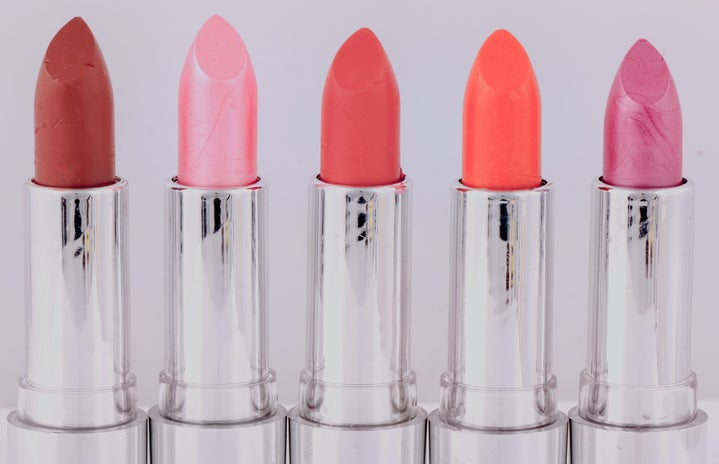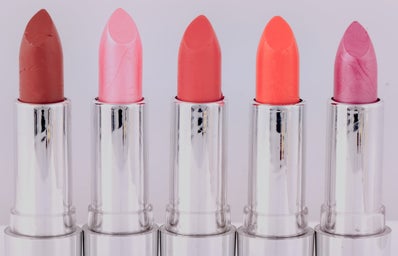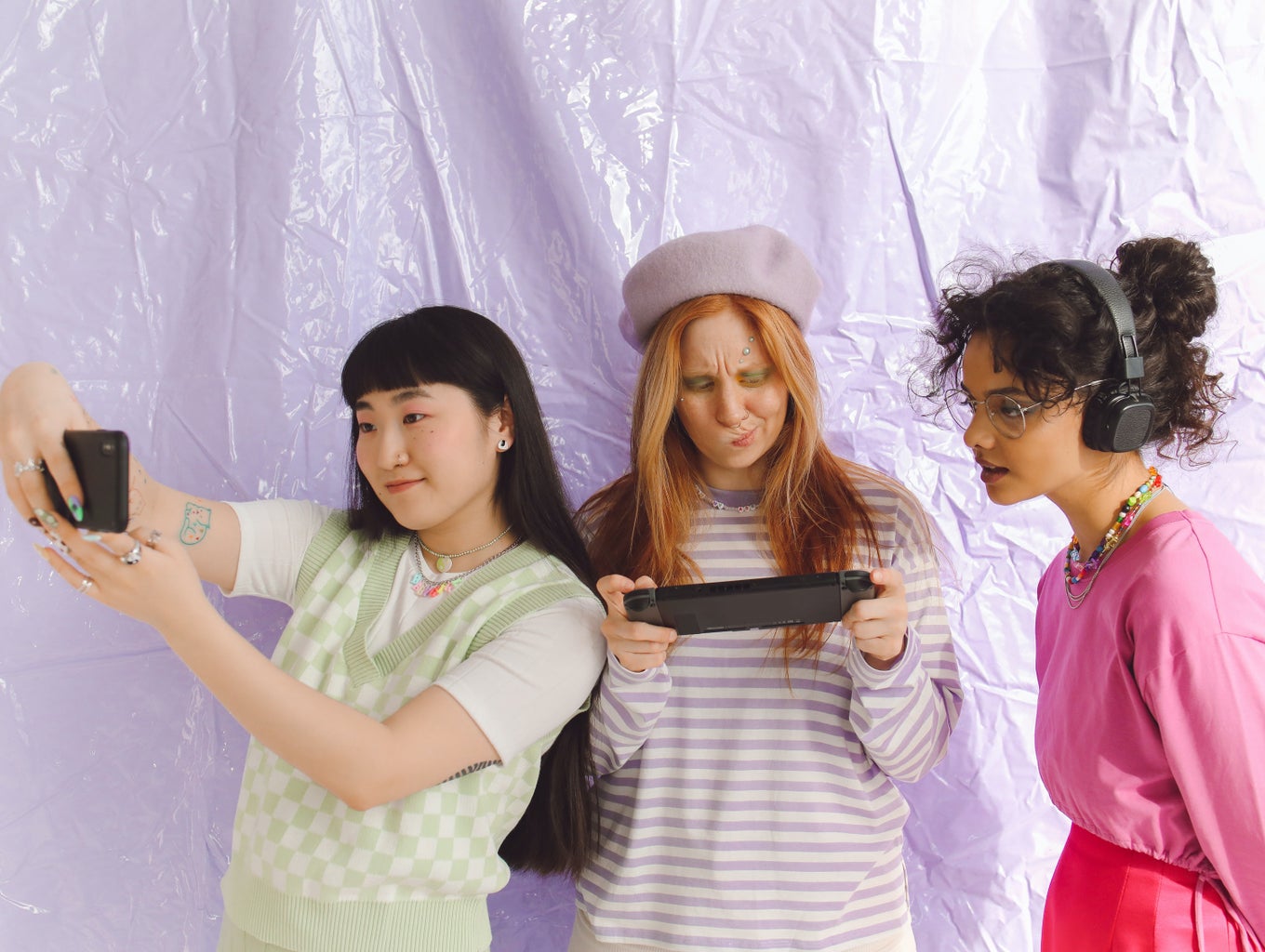Being the generation that grew up in the iconic Y2K era, we have been surrounded by all things pink and glitter our entire lives. We grew up watching princess movies, loving the color pink, and having an extensive lip gloss collection. We know what it is like to show up to school in a brand-new Justice outfit and wait every night for the new Hannah Montana episode.
Growing up, I was in heaven. I loved the color pink and religiously wrote in my fuzzy diary with a lock and key that I somehow always lost. I always had my nails painted. I even used to carry a small Vera Bradley purse with me everywhere I went even though I didn’t have a dollar to my name. While all of this was fun, I didn’t escape the dreaded gender bias thrown my way in elementary and middle school. I remember being called “ditz” and the phrase “because you’re a girl” was probably said to me at least twice a day.
Back then, I wondered why people questioned my intelligence or my ability to throw a football because I wore pink tennis shoes instead of black. But now, I realize it was the notion of being a “girly girl” that made others assume I couldn’t do normal things because it would be too hard for me. Also, in the early 2000s with the rise of hyper-femininity, there was also the rise of diet culture to mirror society’s narrative of women in magazines who were selling the idea of hyper-femininity.
In recent months, Tik Tok brought back the trend of hyper-femininity but has changed its meaning entirely. Now there are subsections of hyper-femininity that allow everyone to fit into them. Some of these subsections include coquette, princess core, Barbie or Bratz core, and lover core. Some icons have also been brought back, like Paris Hilton. What’s different about this reclamation of hyper-femininity is that people are taking back the negative connotations of the phrases “bimbo” and “because you’re a girl” and creating their own narrative. It is very Elle Woods of Gen Z to reclaim their femininity and openly speak against the stereotypes and biases they faced years prior. Women are now reclaiming the terms, moving away from the male gaze and making it about themselves. The new feminist take on hyper-femininity has taken social media and society itself by storm. It is always created by women for women and has and will continue that way.



